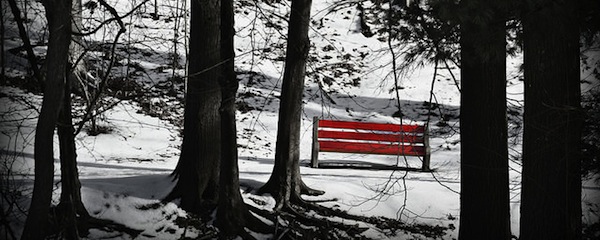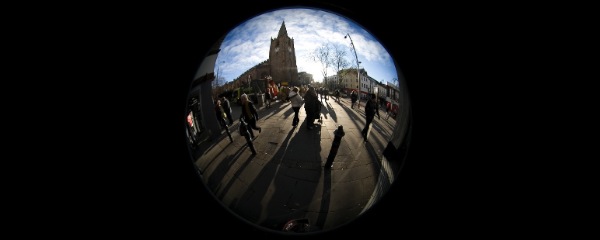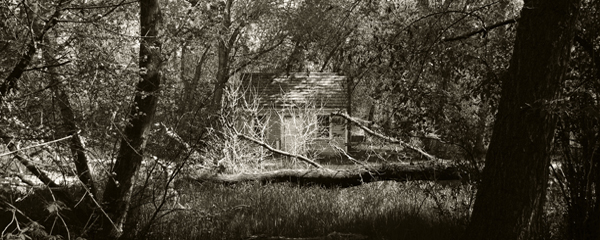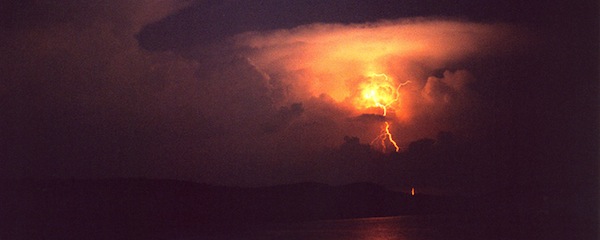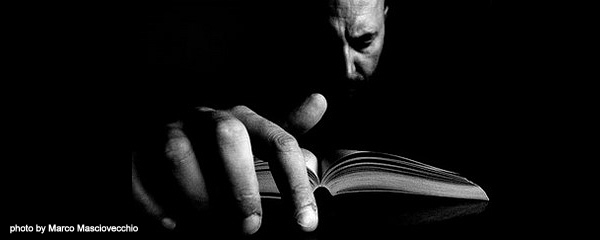Festive Story: O. Henry’s ‘The Cop and the Anthem’
In a special Christmas post, we bring you O. Henry’s wintry tale ‘The Cop and the Anthem’: ‘When wild geese honk high of nights, and when women without sealskin coats grow kind to their husbands, and when Soapy moves uneasily on his bench in the park, you may know that winter is near at hand…’
